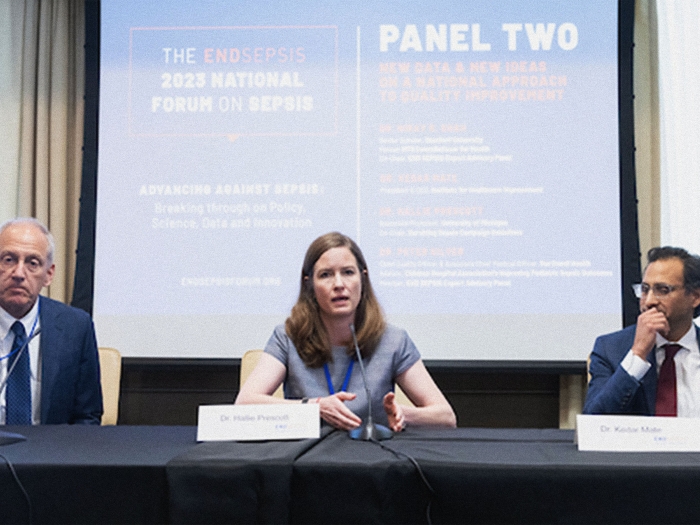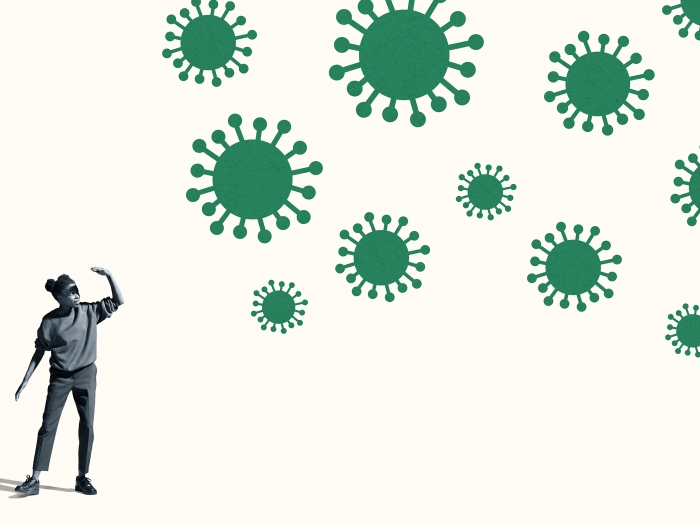Lead Research Communicator
Malcom is a lead research communicator for Michigan Medicine and research communications strategist for the U-M Medical School, with more than 20 years of experience in strategic communications, marketing, and health and science writing. She covers the basic science departments, pulmonary and critical care medicine, infectious disease, pathology and anesthesiology. Contact: [email protected]


Health Lab
A recent U-M study uncovers a pathway utilized during normal wound healing that has the potential to reverse idiopathic pulmonary fibrosis.

Health Lab
An updated rat reference provides more accuracy for research; could help researchers using rat models for the study of DNA, RNA, evolution, or genes linked to disease risks

Health Lab
A new collaborative study, examined the interaction between three naturally occurring gases — nitric oxide (NO), oxygen, and H2S — during generation of new blood vessels, called angiogenesis.
Research News
Leading investigators in diabetes, pancreas and islet biology, and computational biology have received $12.5 million in two five-year awards from the National Institutes of Health (NIH) to create the world’s first, integrated knowledgebase of human-derived tissue- and cellular-level pancreatic information to support innovative, collaborative and reproducible research.

Health Lab
A new U-M study finds a complex interplay between diet, genes, and the gut microbiota that could explain why IBD develops.

Health Lab
Hallie Prescott of the Michigan Medicine Division of Pulmonary & Critical Care Medicine is providing guidance at the state and national level to reduce the burden of sepsis in hospitalized patients.

Health Lab
A new U-M study reveals a possible connection between COPD and the lung microbiome – the population of microbes living inside the lower airway.

Health Lab
Therapies for pain conditions like fibromyalgia provide clues for helping those with long COVID-19

News Release
Based on recent federal fiscal year data released by the National Institutes of Health (NIH), the largest single funder of biomedical research in the world, the U-M Medical School is ranked number 11 in the country, up from 13 in federal fiscal year 2022.

Health Lab
Bacteria in the mouth may play a role in survival from idiopathic pulmonary fibrosis (IPF).

Health Lab
A new study links two autism-associated genes together for the first time, potentially revealing a mechanism behind brain changes seen in people with autism.

Health Lab
A prospective study published in the journal Lancet Microbe provides more clarity on which patient populations are at higher risk for prolonged infections — and hints that this fear is likely unwarranted.

Health Lab
A study from the University of Michigan Medical School developed off-switches useful for improving the safety of the Type I-C/Cas3 gene editor.

Health Lab
A Michigan Medicine FAQ about Paxlovid, with new information since its FDA approval in May 2023.

Health Lab
A recent study from U-M offers more insight into the underlying causes of EOE.